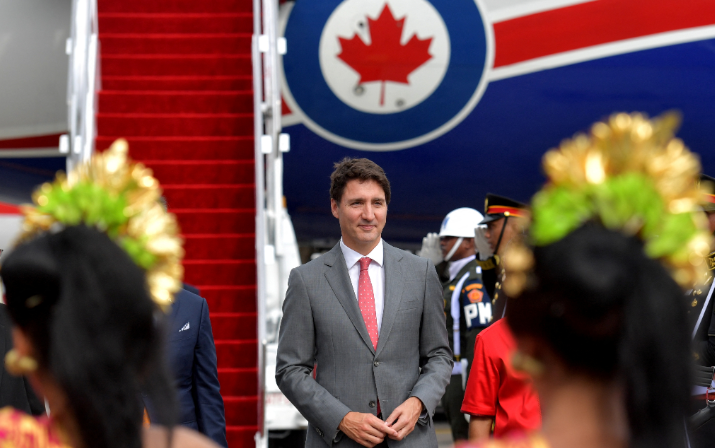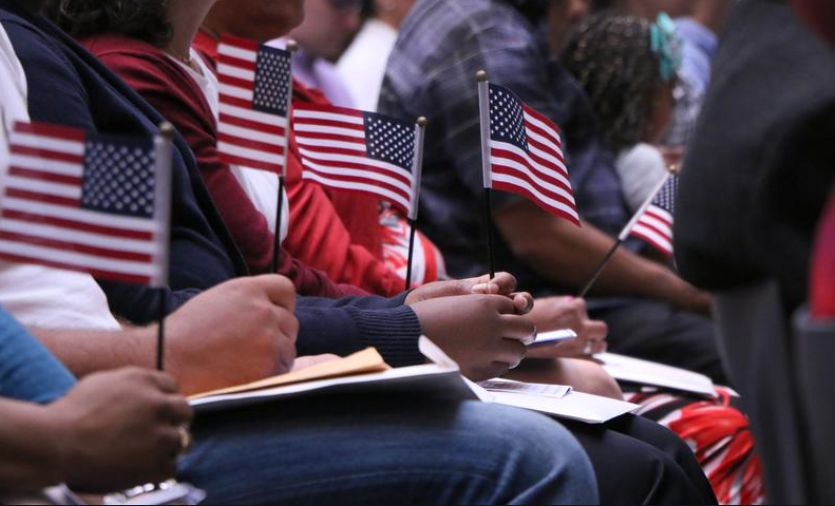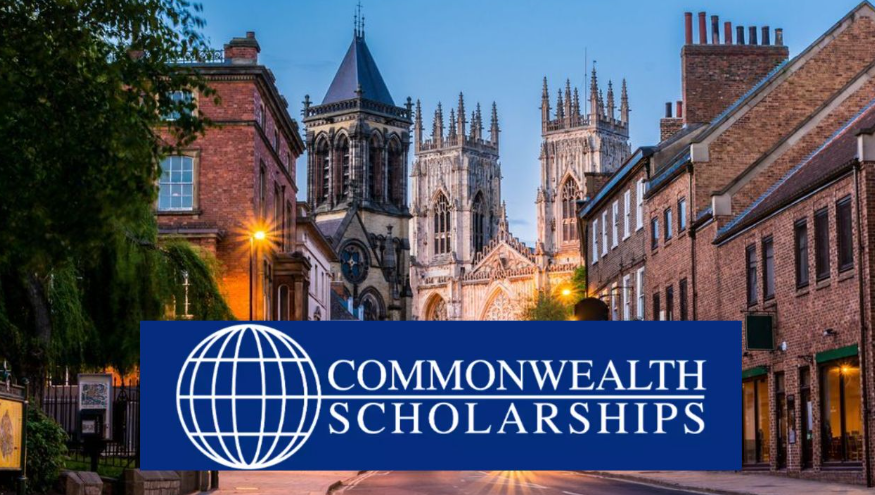Pierre Elliott Trudeau Foundation Scholarship Worth $40,000
Imagine a world where your doctoral studies in social sciences or humanities are fully funded, and on top of that, you’re immersed in a program designed to turn you into a future leader. This isn’t a dream; it’s the reality offered by the Pierre Elliott Trudeau Foundation Scholarship, also known as the Trudeau Fellowship. This … Read more









